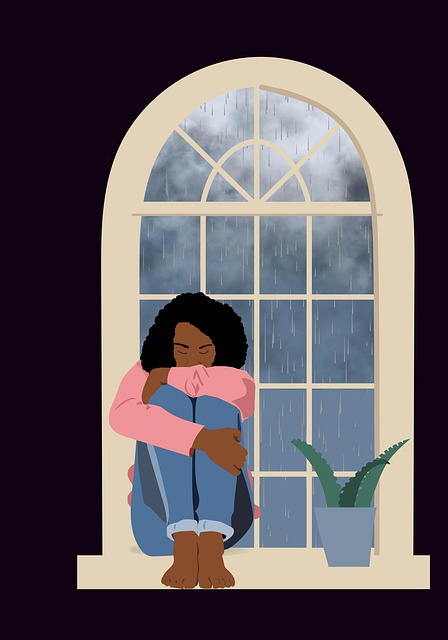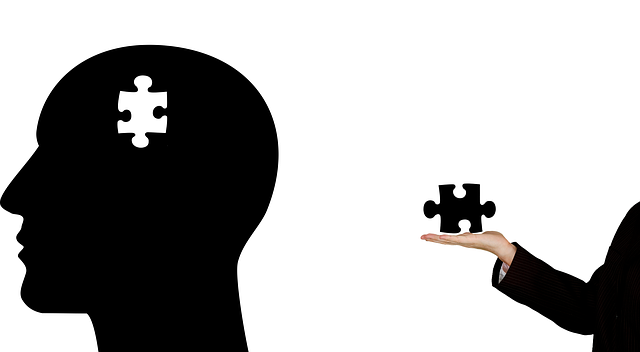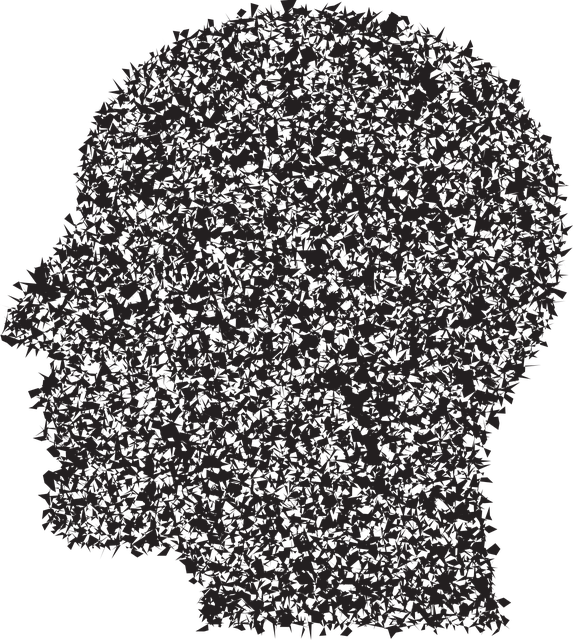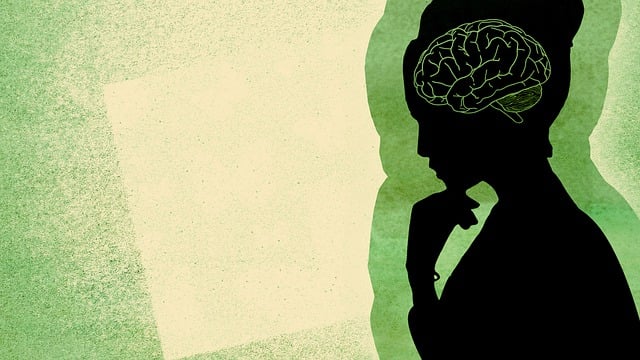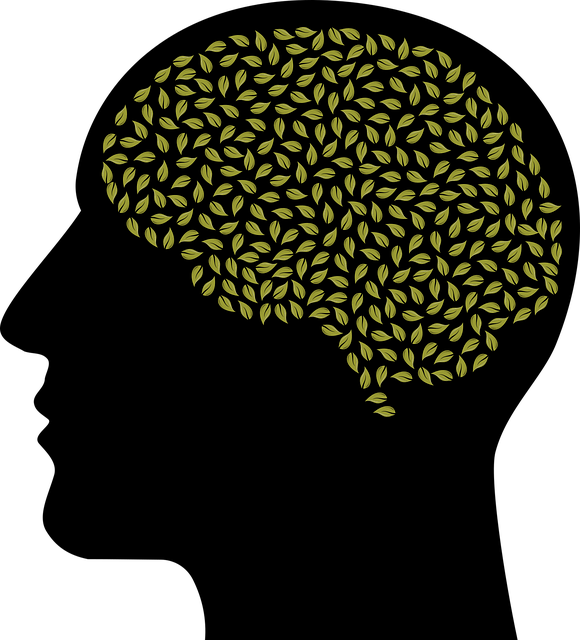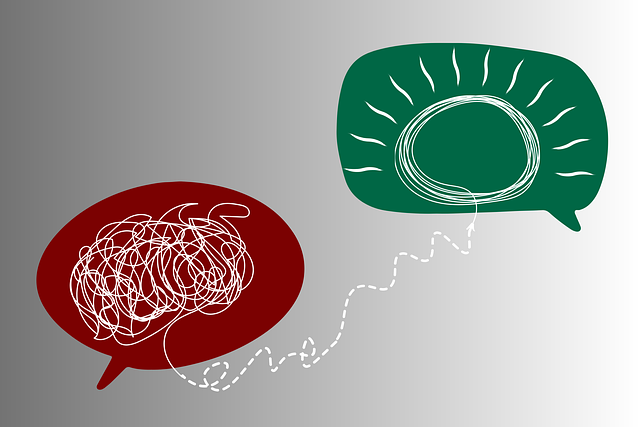In today's diverse societies, cultural sensitivity is vital for effective mental healthcare, especially in Superior Crisis Counseling Therapy (SCCT). Mental health professionals must understand and appreciate clients' diverse beliefs, values, behaviors, backgrounds, religions, socioeconomic statuses, and gender identities. This involves integrating knowledge from public awareness campaigns and techniques like mindfulness meditation to bridge cultural gaps. By fostering inclusivity and adapting therapeutic approaches, providers can enhance outcomes for diverse populations, contributing to a more equitable and accessible mental healthcare system. Effective SCCT requires therapists to navigate their own cultural lenses with those of their clients, tailoring interventions to unique perspectives and experiences. Strategies include ongoing training in cross-cultural communication, integrating traditional healing practices, and adaptive risk management planning. Building trust through culturally sensitive language, active listening, and empathy is crucial for successful therapy outcomes. Continuous learning through diversity training and community engagement enhances cultural sensitivity, facilitating personalized care that respects clients' diverse backgrounds.
In a world increasingly defined by cultural diversity, providing culturally sensitive mental healthcare is more critical than ever. This comprehensive guide explores the impact of cultural diversity on mental health, delves into the challenges faced by therapists, and offers practical strategies for delivering superior crisis counseling therapy. From understanding cultural nuances to building trust with diverse clients, we unravel essential steps to ensure effective, inclusive, and adaptive practices in today’s globalized landscape.
- Understanding Cultural Diversity and Its Impact on Mental Health
- Challenges in Providing Culturally Sensitive Therapy
- Strategies for Incorporating Cultural Competence in Crisis Counseling
- Building Trust and Effective Communication with Diverse Clients
- Continuous Learning and Adaptation: Ensuring Superior Crisis Counseling Therapy Practice
Understanding Cultural Diversity and Its Impact on Mental Health

In today’s diverse societies, cultural sensitivity is paramount in mental healthcare practice to ensure effective and compassionate treatment for all individuals. Understanding cultural diversity means recognizing and appreciating the variety of beliefs, values, and behaviors that shape people’s lives and influence their emotional well-being. This includes awareness of various ethnic backgrounds, religions, socioeconomic statuses, and gender identities, among others. Mental health professionals must be adept at navigating these differences to provide superior crisis counseling therapy tailored to each client’s unique cultural context.
Cultural diversity significantly impacts the presentation and expression of mental health issues. For instance, certain communities may have distinct conceptions of mental illness or different coping mechanisms altogether. Effective practice involves integrating knowledge from public awareness campaigns development and emotional well-being promotion techniques, such as mindfulness meditation, to bridge these gaps. By fostering an inclusive environment and adapting therapeutic approaches, mental healthcare providers can significantly enhance the outcomes for diverse populations, ultimately contributing to a more equitable and accessible system.
Challenges in Providing Culturally Sensitive Therapy

Providing culturally sensitive therapy comes with unique challenges, especially when navigating diverse communities and their specific needs. In a world where mental healthcare practices often mirror the dominant culture, ensuring inclusivity and understanding for minority groups is paramount. Many therapists find themselves grappling with the gap between their own cultural lens and that of their clients, which can hinder effective communication and treatment. This is particularly evident in situations where clients from diverse ethnic, racial, or cultural backgrounds seek superior crisis counseling therapy.
The complexity arises from differences in values, beliefs, and expression of emotions across cultures. For instance, some communities may have alternative conceptions of mental health issues, prefer certain therapeutic approaches over others, or exhibit different ways of expressing distress. Therapists must cultivate emotional intelligence to appreciate these nuances, adapt their practices accordingly, and provide trauma support services that resonate with clients’ experiences. Mental health awareness campaigns that bridge cultural gaps can help reduce stigma and promote culturally sensitive practices, ensuring that therapy is accessible and effective for all.
Strategies for Incorporating Cultural Competence in Crisis Counseling

Incorporating cultural competence into crisis counseling is a vital step towards delivering superior crisis counseling therapy. Mental health professionals must be equipped with strategies that enable them to understand and respect clients’ cultural backgrounds, beliefs, and values. This approach not only enhances the effectiveness of interventions but also fosters a safe and supportive environment for individuals from diverse communities. By integrating cultural sensitivity, counselors can improve client engagement, build trust, and provide tailored support, ultimately leading to better outcomes.
Effective strategies include ongoing training in cross-cultural communication, encouraging open dialogue about cultural differences, and incorporating clients’ traditional healing practices where appropriate. Mental health professionals should also be adept at adapting their risk management planning for mental health professionals to accommodate cultural considerations, ensuring they are prepared for a wide range of client needs. Additionally, burnout prevention strategies for healthcare providers can be enhanced by cultivating cultural awareness, as it reduces the potential for miscommunication and promotes a more inclusive practice environment.
Building Trust and Effective Communication with Diverse Clients

Building trust with diverse clients is a cornerstone of effective mental healthcare practice, especially in a world where cultural differences can significantly impact communication and understanding. Superior Crisis Counseling Therapy recognizes that every client brings their unique experiences, beliefs, and backgrounds to therapy. Therefore, fostering an environment of safety and respect for these differences is paramount. Therapists must be adept at tailoring their approach, using clear and culturally sensitive language, actively listening, and demonstrating empathy to bridge the gap between them and their clients.
Effective communication in mental healthcare involves more than just talking; it’s about active listening, understanding, and validating a client’s feelings and experiences. For instance, recognizing and respecting cultural norms related to personal space, eye contact, or even expressions of emotion can prevent miscommunication. Healthcare providers with strong cultural competency training are better equipped to navigate these nuances, ensuring that clients feel heard and understood, ultimately leading to more successful therapy outcomes. This approach not only promotes effective crisis counseling but also fosters a deeper connection between the therapist and client, facilitating better self-care practices and stress reduction methods tailored to individual needs.
Continuous Learning and Adaptation: Ensuring Superior Crisis Counseling Therapy Practice

In today’s diverse society, mental healthcare professionals must be adept at cultural sensitivity to provide superior crisis counseling therapy. Continuous learning and adaptation are key to ensuring effective practice. Staying updated on various cultural practices, beliefs, and communication styles allows counselors to offer tailored support that respects individual differences. This involves actively participating in diversity training, attending workshops, and engaging with communities to gain insights into unique mental health challenges and successful intervention methods.
Integrating knowledge from mental health education programs design, stress reduction methods, and mental wellness journaling exercises guidance can enhance cultural sensitivity. By incorporating these tools, counselors can facilitate open communication, build trust, and provide personalized care that respects the client’s background and experiences. Such adaptive practices contribute to superior crisis counseling therapy outcomes, fostering a more inclusive and effective mental healthcare environment.
Cultural sensitivity is a cornerstone of effective crisis counseling, ensuring superior therapy outcomes for diverse clients. By understanding cultural diversity’s impact on mental health and adopting strategies like building trust through effective communication, mental healthcare practitioners can deliver culturally competent care. Continuous learning and adaptation are vital to navigating the challenges posed by our increasingly diverse societies, enabling professionals to provide superior crisis counseling therapy that respects and embraces different cultural backgrounds and perspectives.

